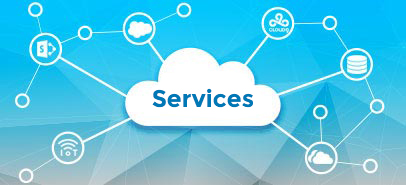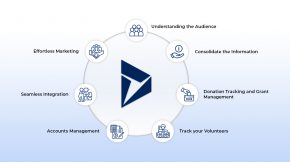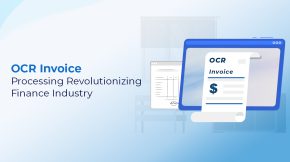Impact of Data Modernization in the Digital Age
With modern tech advancing faster than ever, business needs modern solutions. The rise of companies processing and analyzing data is vital. The old systems are now costly and inefficient. Yet, Data Modernization is an innovative change to all old and traditional methods. It’s not viable, and it is important for organizations that must be successful in this modern business world.
This blog is an in-depth manual for Data Modernization; we will discuss its pros and cons. And how it can be useful to your organization.
What is Data Modernization?
In today’s world, data isn’t just for the C-suite, it’s for all. The automated system is an approach organization for making sophisticated and accurate selections.
Data Modernization upgrades your old system into cloud-based solutions, modernize how businesses use the data. It’s not just about digital advancement; it’s about turning the data into a competitive edge. Exploring data combines information, and offers fast access, and more realistic insights.
Data Modernization’s motive is to increase the workflow of an organization. It is the way to raise the strength and ultimate use of resources through humans and machines to make systems fast, smart work decisions, and boundless business growth.
Why does data modernization matter to you?
Data Modernization matters to your organization because it provides scalability, efficiency, and competitiveness in data. By modernizing the data management standards, organizations can lift scalable cloud solutions. That can store large volumes of data and adapt to changing business needs. This variability allows you to make fast decisions and innovations, which ultimately improves your time-to-time insights.
How is Data Modernization beneficial for you?
Data Modernization deeply enhances your organization’s capability by transforming data management and utility. There are some key points to know about the benefits of it that we noted down:
- Reliability and availability: Current data platforms improve availability and reliability using recovery strategies, automatic recovery solutions, and storage systems.
- Security of data: Data security is an important aspect of data modernization for transforming your data into new systems and technologies. It ensures that sensitive data is protected throughout this transformation.
- Business growth: Data Modernization can elevate your business growth by using data assets. Data modernization upgrades legacy systems to modern data platforms. It improves data integration by breaking down silos and combining operations.
- Advanced analytics: Advanced analytics along with machine learning offers vital benefits for your organization by enabling the opening of sophisticated data, insights, and trends of data.
- Decrease cost efficiency: Data Modernization reduces the cost efficiency in your organization by reducing the operational cost. It can be controlled by optimizing resources and maintenance expenses.
Challenges that Data Modernization can face
Although we have discussed the benefits of Data Modernization, it also consists of some challenges that may be faced later as below:
- Data Modernization has increased data complicacy due to the diversity of data sources often resulting in challenges in integration, data modeling, and maintenance.
- Data Modernization needs certain skills and expertise that not every organization can manage so it creates a skill gap.
- Data modernization can be expensive, and every organization cannot access the budget and feasible ROI.
- Sensitive data needs to be protected due to the strict laws of GDPR and CCPA. Failing to encrypt data can result in data breaches, legal issues, a poor brand reputation, and a loss of customer trust.
- It is difficult to manage the system change for employees; they are habitual to the existing processes, requiring effective change management strategies.
Emerging trend in Data Modernization
In the year 2024, many trends are emerging for data migration, data warehousing, and others.
- Self-analytics & Data Democratization: Many companies including Beyond Key are adopting the self-analytics tool to augment the efficiency of employees who even belong to non-technical backgrounds.
- Open Data formats: Open data formats like Delta Lake and Apache Iceberg are becoming a trend nowadays because of their features, which allows the business to take control of data without locking in the patented system. It provides accessibility and feasibility across the systems.
- Data Integration: Earlier, Data Integration tools have held a lot to handle the speed and volume of modern businesses need. But modern business solutions like Beyond Key have made that difference.
- Data Architecture: With native cloud set ups, companies can handle large amounts of data, make best use of resources, and boost efficiency. Data Architecture offers to scale up and down easily and reduce costs.
Beyond Key Role in Data Modernization
At Beyond Key, we specialize in guiding organizations through the data modernization process. We help assess your existing infrastructure, design a tough modernization strategy, and execute seamless migrations to modern, cloud-based platforms. Our end-to-end services include ensuring data security, enabling real-time analytics, and implementing automation that drives agility and efficiency.
Our team of experts provides continuous support, ensuring your new data ecosystem scales with your business needs while reducing operational costs. With our deep industry knowledge and technical expertise, we empower your organization to unblock the full potential of modern data infrastructure. For more information Contact Us.












